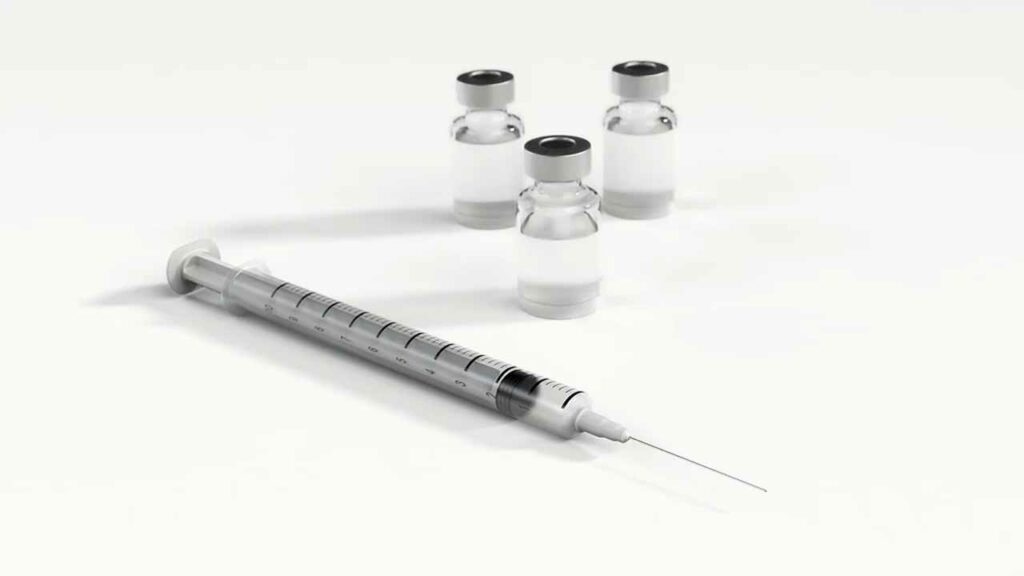Amid reports that Indian Council of Medical Research (ICMR) is planning to conduct a study to assess whether the Bacillus Calmette-Guérin (BCG) shots can prevent the occurrence of coronavirus infection, an American study has found that the vaccine used against tuberculosis ‘slows down’ the infection’s spread within the community – at least in the first 30 days.
The study published in Science Advances, a peer-reviewed medical journal brought out by the American Association for the Advancement of Science, said that countries, where BCG vaccination is mandatory, showed “slower infection and death rates” during the first 30 days of the coronavirus outbreak in their country.
Countries like India and China have included BCG in the national immunization programme and they have relatively lower death rates. Some sections of researchers believe it is the BCG vaccine that is protecting people against coronavirus related complications.
BCG vaccination is given to new babies within 15 days of birth to prevent TB, strengthens immunity against other infectious diseases too. Ever since coronavirus emerged eight months back, there has been a lot of discussion about BCG’s ability to protect against novel coronavirus as well.
The ICMR has said that it will conduct a multi-centric study to assess whether it reduces the severity of the disease and mortality among elderly individuals residing in hotspot areas.
The study will be carried out in Tamil Nadu, Maharashtra, Gujarat, Madhya Pradesh, Rajasthan and Delhi in approximately 1,500 healthy volunteers above 60-years of age, an ICMR scientist said.
Sanction has already been accorded to the trial by the ICMR”s National Institute for Research in Tuberculosis (NIRT) in Chennai by the Tamil Nadu government on July 15 to study the efficacy of BCG vaccine in the elderly.
The BCG-COVID trial, under the auspices of ICMR would be held in five other centres — National Institute of Occupational Health, Ahmedabad, National Institute for Research in Environmental Health in Bhopal, GS Medical College and KEM Hospital in Mumbai, National Institute for Implementation Research on Non-Communicable Diseases in Jodhpur and AIIMS, New Delhi.

